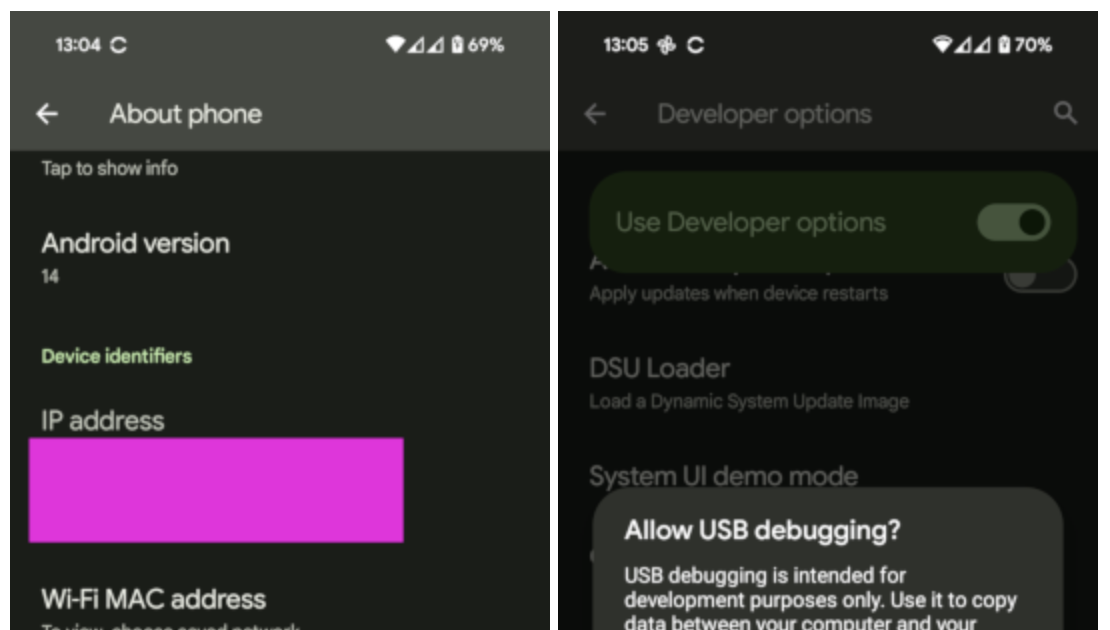SDFer '09
- 30 Posts
- 18 Comments
Is this a joke? I’m not clever enough to get it.

 7·6 months ago
7·6 months agoWell this 100% illegal art makes me happy so good job

 9·6 months ago
9·6 months agoIf you can write correct C++ you’ll be able to write Rust code that compiles first time. Don’t stress, you’re learning the good stuff.

 10·7 months ago
10·7 months agoIrfanView, now that’s the good stuff
This is one scenario I proposed when we were last having this discussion: https://thomask.sdf.org/blog/2023/07/07/if-i-was-meta-and-wanted-to-make-fedi-implode.html
N=1 but outbound federation just worked for me in a post. It seems some work was done just recently including an upgrade to -rc.8.
It’s best not to think of SDF admins in binary terms like “present” or “absent”. They are an undulating force which makes changes here and there and we’re all along for the ride.
*A formerly chill laid back community up until someone posted it on Lemmy 😀

 48·11 months ago
48·11 months agoThat is the discussion. Microsoft is pretending by making it the upgrade path for two products which actually are local, and hoping users won’t notice.

 151·11 months ago
151·11 months agoHonestly I’m glad they highlighted the telemetry. I went through the local report about what’s included and while it’s not an upsetting level of detail, it’s more comprehensive than I would have opted in to if asked.
Still, as sibling points out it’s in a completely different league from slurping up your IMAP creds, something which has always been local-only data. This is the second time I know of recently where MS has trampled on this kind of local-only expectation - the other was Edge defaulting to sending the contents of textboxes you’re filling out on webpages to the MS cloud for spelling and grammar checks. Thunderbird is still a sound recommendation, and unlike Microsoft, I trust that if I uncheck the telemetry box they’re not going to try to get me some other way.
Can confirm - a comment I made to a lemmy.world community around an hour ago hasn’t shown up on that server yet.
Edit to add: looks like this post correlates with when I was logged out of my session, and I see we’re on a newer version than before. Probably something not quite right from the upgrade?

 3·1 year ago
3·1 year agoYou’re putting yourself in a tough position by asking for both E2EE and the ability to use from a browser. You have to trust the web app each time you open the page, and hope that they haven’t altered the deal to simply grab your data after it’s been decrypted by your password. I have no idea how likely it is that Standard Notes would do that but I’d reconsider the browser requirement specifically if E2EE is non-negotiable for you - an offline open source client program would be a much stronger position.
For my money, I use local text files and SyncThing but it’s probably not spiffy enough for many people/purposes.

 1·1 year ago
1·1 year agoSitting there watching with satisfaction as MSDOS 6.22 DEFRAG.EXE did its thing.

 6·1 year ago
6·1 year agoIME something like Signal is an easy sell since it’s simple and works well. For all the fair criticism about relying on phone numbers it makes the onboarding easy. For other things compartmentalising helps, e.g., “okay we’ll collaborate using this cloud file storage but I personally will be accessing it through the browser while keeping most of my files in a SyncThing over here”. While I self-host certain things I don’t volunteer to do that for family/friends because it will be too frustrating for everyone if/when I let them down.
In this kind of situation there’s a fine line between someone who maximises their privacy through tech decisions and someone who makes their “correct” tech choices their self identity. If you drift into the latter, being asked to compromise can feel like an attack, leading to overreacting and coming across as insecure and annoying. Not to psychoanalyse anyone in particular but sometimes I think people need a reminder.

 2·1 year ago
2·1 year agoI recall that if you elude the monster long enough by catching enough logs you eventually wrap around to the start of the course and can ski down it again, and you get an additional monster chasing you when you get to the bottom.

 1·1 year ago
1·1 year agoAsk yourself, in three years from now will you be thinking “it’s so nice how Meta lets me follow and interact with their enormous userbase for free, without advertising, using my own open source server and frontend”?
Remember that’s the basic expectation today for a participant in the fediverse. If this feels implausible, doing anything else is very incompatible with the fediverse’s existing values.
The problem isn’t just that it’s Meta, it’s any situation where a much larger actor comes in with different motivations. Today we have a small number of users whose servers are almost exclusively run on a “community service” model. Meta is an advertising business. They are much bigger and will define the fediverse if allowed in. If we allow them to connect, it should be much later after organic growth which means we can assimilate them properly and deflect any bad behaviour.
What might happen if Meta throws their weight around? I can predict at least three outcomes
- Proprietary variations to ActivityPub, probably starting with something that seems “understandable” like moderation reasons.
- Certain new features get centralised on Meta’s servers only (e.g. search) claiming that it’s for efficiency in the distributed environment.
- Claiming spam problems, require individual instance operators or their users to verify themselves with Meta to enable federation.
The question in my mind is whether their intention is to destroy the competition, or keep the fediverse alive as a way to claim that they are not a technical monopoly that needs to be broken up by regulators, in the same way that Google provides most of the funding for Firefox.
















Well damn. Thanks.